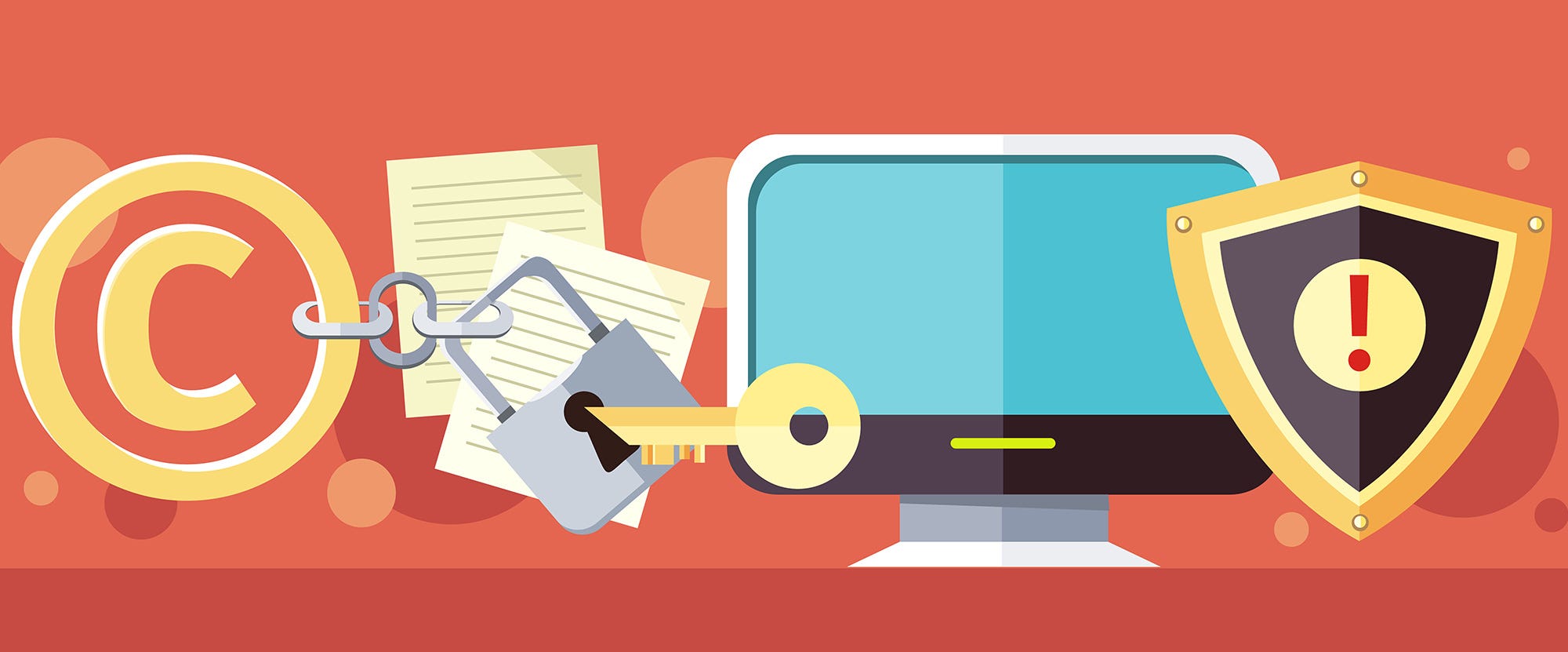In today’s digital age, personal data has become an invaluable resource. From social media interactions to online shopping habits, our every move generates a trail of data that is collected, analyzed, and often monetized by companies without our explicit consent. This lack of control over our own data has raised concerns about privacy and security, leading many to question who really owns their personal information.
Blockchain technology, renowned for its transparency and security, offers a potential solution to this problem. In this blog post, we will explore how blockchain can empower individuals by allowing them to take ownership of their personal data, providing transparency and control like never before.
The Personal Data Dilemma
In the age of the internet, data has become the new currency. Companies, both big and small, collect vast amounts of data about individuals to tailor advertisements, improve products, and make strategic decisions. While data-driven innovation has undoubtedly brought benefits, it has also raised serious concerns about privacy, security, and individual rights.
Individuals often unknowingly surrender their personal data when signing up for online services or making digital transactions. The sheer scale of data collection and the lack of transparency surrounding how it’s used has given rise to a growing sense of unease. Who controls this data, and what happens to it once it’s in the hands of corporations? These questions have left many feeling powerless and exposed in the digital world.
Enter Blockchain: A Beacon of Hope
Blockchain technology, originally designed to support cryptocurrencies like Bitcoin, has evolved into a versatile solution with applications far beyond digital currencies. At its core, blockchain is a decentralized, tamper-resistant ledger that records transactions across a network of computers. It’s this transparency and security that make blockchain a potential game-changer in the realm of personal data ownership.
Here’s how blockchain can empower individuals in the context of their personal data:
1. Data Ownership and Control
In a traditional centralized system, companies store and control your personal data on their servers. With blockchain, you can have ownership and control over your data. Your personal data is stored on a decentralized network of computers, and you hold the cryptographic keys to access and manage it. This means you can choose who gets access to your data and for what purpose, putting the control back in your hands.
2. Transparency and Accountability
Blockchain’s transparent nature ensures that every transaction involving your data is recorded on a public ledger. This transparency reduces the likelihood of unauthorized access or misuse of your data. Moreover, any changes made to your data are visible to you and other authorized parties, making it easier to spot and rectify any unauthorized alterations.
3. Enhanced Security
Blockchain’s security features are robust, making it exceptionally difficult for hackers to breach the system and steal your data. Unlike centralized databases that provide a single point of attack, blockchain’s decentralized structure spreads the risk, making it a formidable fortress against cyber threats.
4. Monetizing Your Data
One of the most exciting aspects of blockchain technology is the potential for individuals to monetize their own data. With blockchain-based platforms, you can choose to share your data with companies or advertisers in exchange for tokens or cryptocurrency. This direct relationship between data owners and data consumers can help you reap the rewards of your data while maintaining control over how it’s used.
The Road Ahead: Challenges and Considerations
While blockchain offers immense potential for personal data ownership, it’s essential to acknowledge the challenges and considerations that lie ahead:
1. Scalability: Blockchain networks can face scalability issues as they grow in size and complexity. As more people start using blockchain for personal data management, ensuring scalability without compromising speed and efficiency will be crucial.
2. User-Friendly Interfaces: For widespread adoption, blockchain-based data management systems must be user-friendly. Individuals should be able to navigate and control their data easily, without requiring technical expertise.
3. Regulatory Frameworks: Governments and regulatory bodies will need to adapt to this new paradigm of personal data ownership. Clear and comprehensive regulatory frameworks will be necessary to protect individuals while allowing innovation to flourish.
4. Interoperability: As blockchain projects proliferate, ensuring interoperability between different blockchain networks will be essential. Data should be portable across various platforms to give individuals true ownership.
Conclusion: Empowering Individuals in the Digital Age
Blockchain technology is poised to revolutionize the way we think about personal data ownership. By providing individuals with control, transparency, and security, blockchain empowers us to take charge of our digital lives. As we move forward, it’s essential for businesses, governments, and individuals to work together to harness the full potential of blockchain while addressing the challenges it presents.
The journey to personal data empowerment has begun, and blockchain is leading the way. It’s time to seize this opportunity and shape a digital world where individuals have the rights and agency they deserve over their own data.



